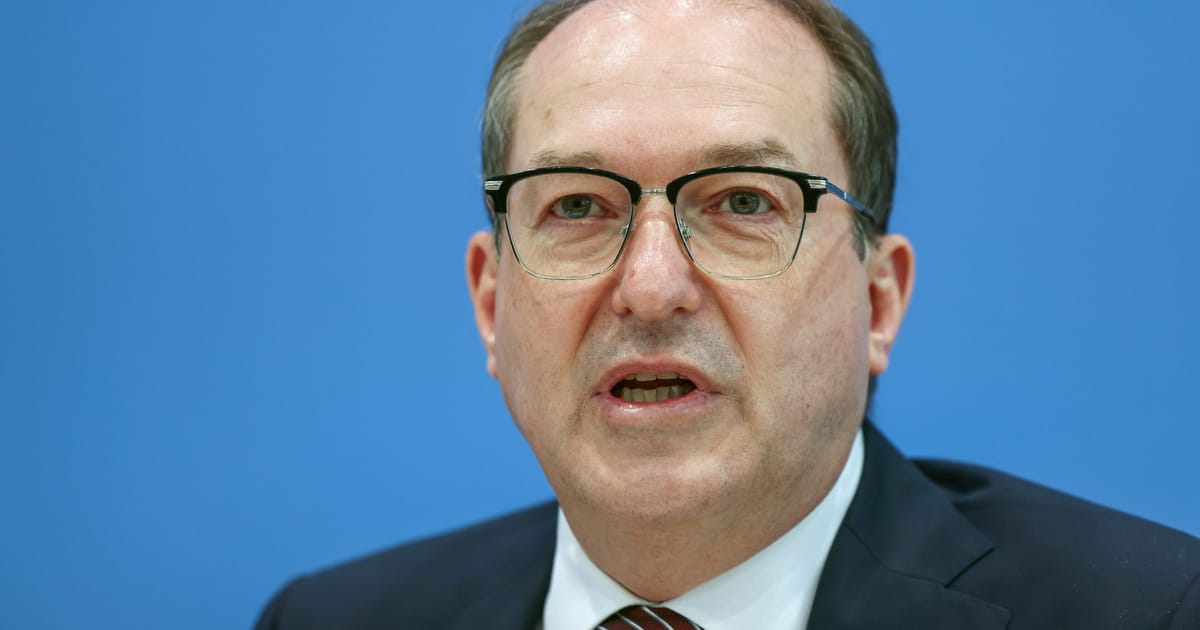

In a week marked by significant political developments, both Europe and the Middle East are seeing a convergence of efforts aimed at fostering peace and international cooperation. From European asylum policy meetings to ceasefire negotiations in Gaza, leaders are engaging in constructive dialogues to address pressing global challenges.
Germany has taken a proactive stance in shaping Europe’s approach to migration. The country’s new conservative-led government recently announced an initiative to convene a summit with Europe’s hard-line immigration leaders to discuss reforms in asylum rules across the continent. This move underscores Germany’s intent to take a leading role in navigating the complex dynamics of migration policies, striving for a balance between security and humanitarian concerns.
Simultaneously, diplomatic engagements are extending beyond Europe, with Germany eyeing a fortified bilateral relationship with the United Kingdom. Chancellor Friedrich Merz plans to visit the UK later this month to sign a comprehensive Anglo-German treaty. This agreement aims to reinforce cooperation between the two nations, highlighting shared interests and underscoring the enduring bilateral bonds amidst broader European and global challenges.
In parallel, the United Kingdom is emerging as a focal point for broader security discussions. London is set to host a meeting of the “coalition of the willing,” primarily driven by France and the UK, dedicated to providing security guarantees to Ukraine. This initiative reflects ongoing efforts by European nations to play an active role in ensuring stability and security in the region, demonstrating solidarity and support for Ukraine amid its ongoing challenges.
Meanwhile, in the Middle East, a glimmer of hope emerges as ceasefire negotiations between Hamas and Israel gain traction. Following the proposal of a 60-day ceasefire brokered by the United States, Hamas has responded with a positive outlook towards negotiations. The nearly 21-month conflict has deeply impacted Gaza and its neighboring regions, and the prospect of a ceasefire brings a sense of cautious optimism. Analysts anticipate an official announcement soon, potentially following Israeli Prime Minister Benjamin Netanyahu’s upcoming visit to Washington.
The proposed ceasefire is part of broader efforts to address longstanding tensions in the region. The ongoing conflict has resulted in substantial loss of life and has strained humanitarian conditions, making the opportunity for peace particularly poignant. Discussions are expected to include the release of hostages and negotiations aimed at finding a lasting resolution.
Despite these positive developments, the situation remains fragile, underscored by recent violence that claimed the lives of several individuals in Gaza amidst ongoing hostilities. As the world watches, there is a shared hope that these diplomatic efforts will lead to meaningful progress and relief for the affected populations.
In capturing the essence of these international developments, what becomes clear is the shared commitment among global leaders to pursue diplomatic avenues to resolve complex issues. These initiatives highlight the interconnected nature of global politics and the potential for collective action in addressing regional and international challenges.
As dialogues continue and agreements are forged, the world stands at a juncture where cooperation and understanding could pave the way for a more peaceful and stable future. The unfolding negotiations and summits over the coming weeks may well shape the trajectory of international relations across Europe and the Middle East, echoing the enduring pursuit of peace and cooperation in an interconnected world.
Source: {link}
